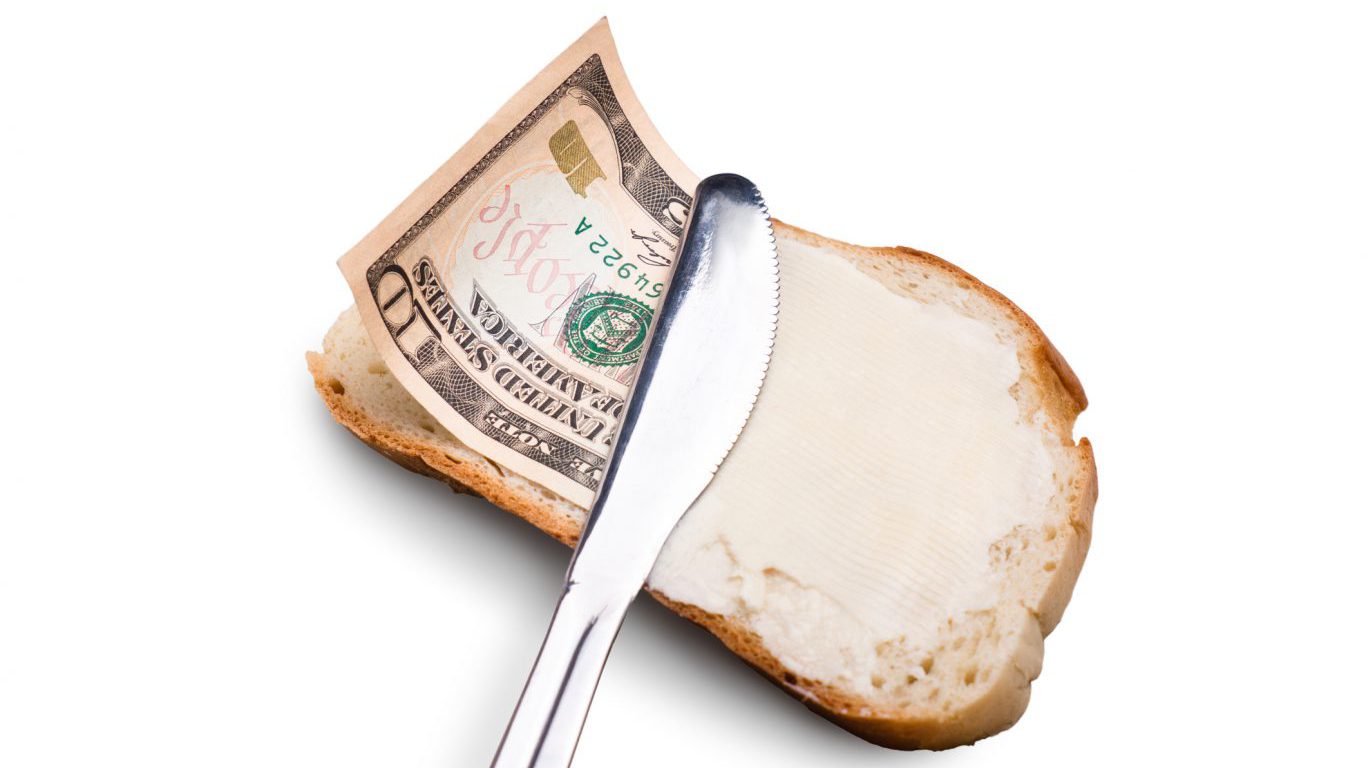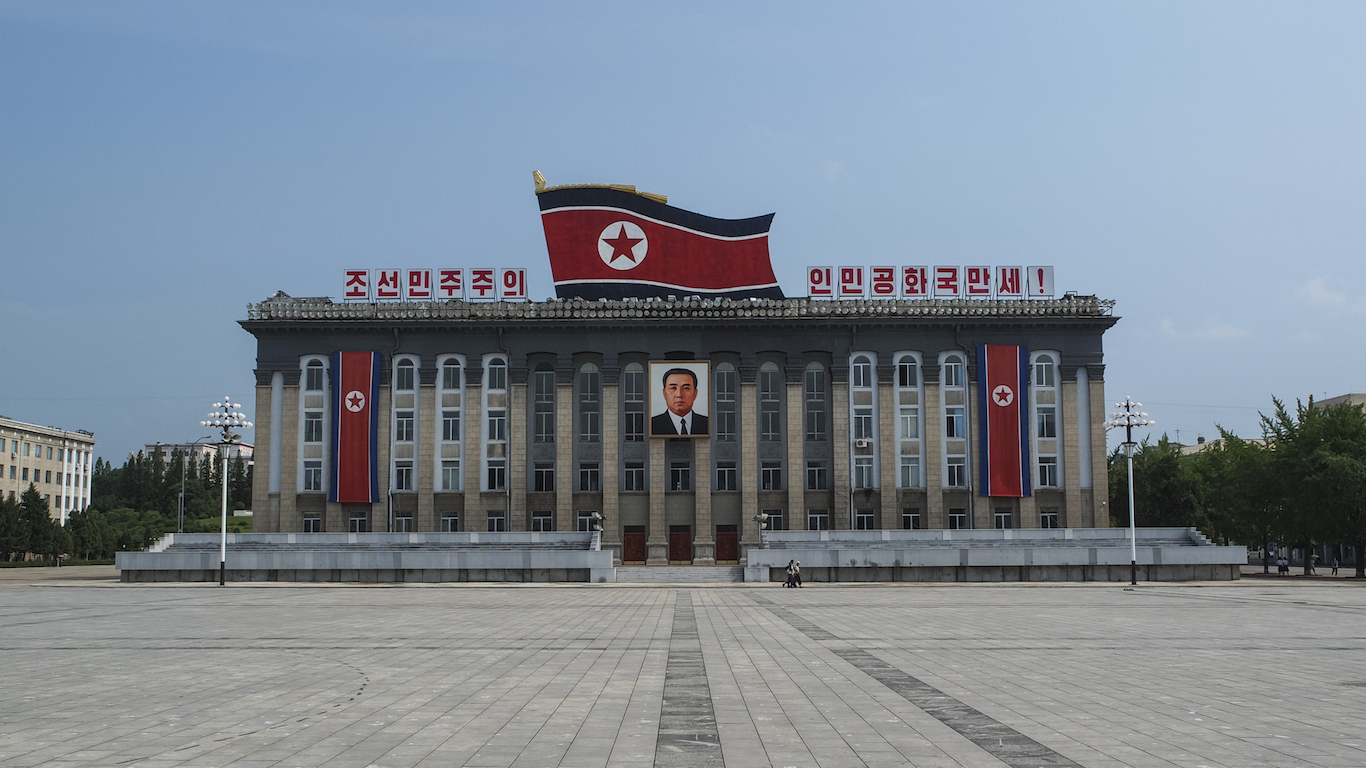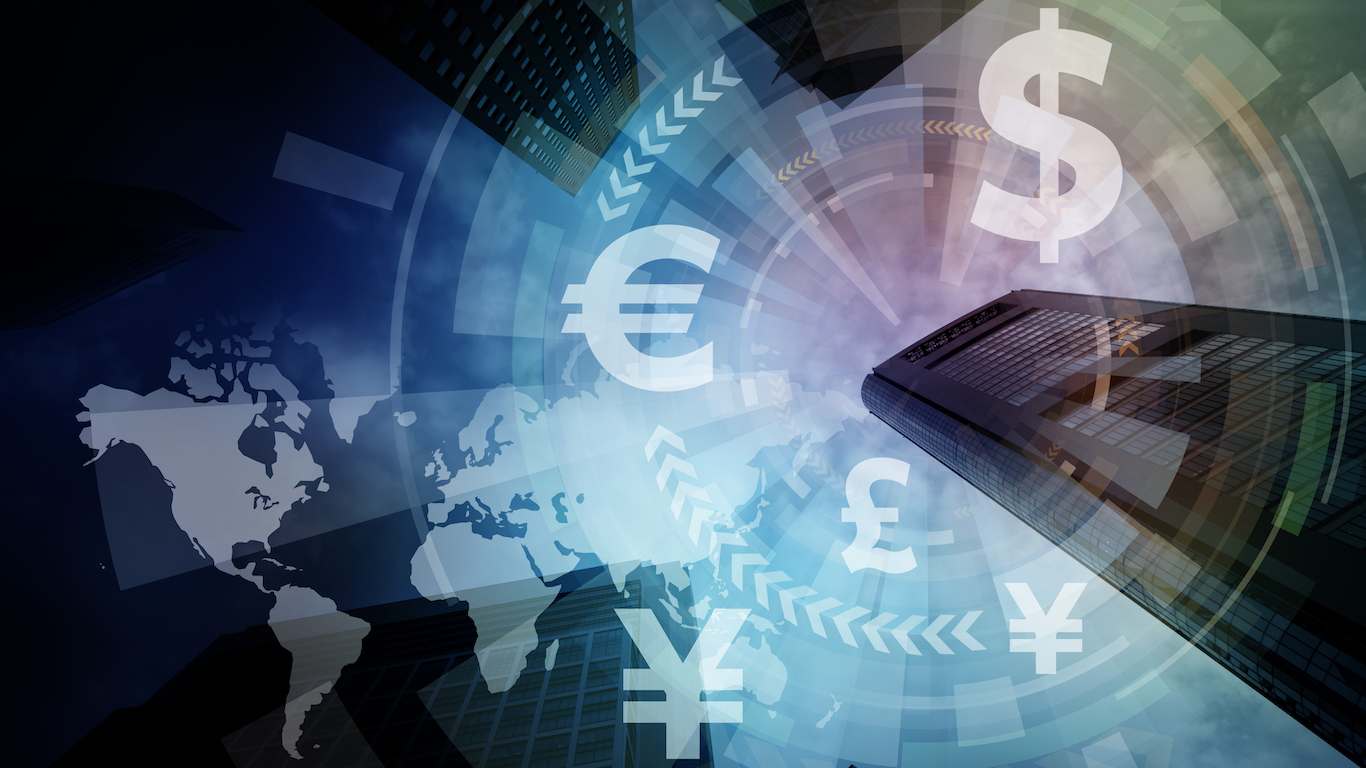Economy
Economy Articles
Brookings Institution Fellow Eswar Prasad testified last week on digital currencies and central banks before a U.S. House subcommittee on monetary policy and trade.
Published:
Last Updated:
The average income of a top 1% U.S. household is more than 26 times the average of one in the bottom 99% of households.
Published:
Last Updated:
North Korea's GDP dropped the most last year that it has since 1997. This trouble poses a challenge to dictator Kim Jong-un, who oversees a nation in which millions of people live in poverty.
Published:
Last Updated:
NYU economist Nouriel Roubini sees an end to the positive impacts of the Trump administration's economic policies and a beginning of a string of negative effects.
Published:
Last Updated:
After setting record-breaking levels in the first week of July, temperatures in North Africa have moderated only a little. The high Wednesday was just a few degrees short of the all-time high set...
Published:
Last Updated:
To hike or not to hike, that is the question some investors have for the Federal Reserve regarding their stance on U.S. interest rates and monetary policy.
Published:
Last Updated:
The world's cities are now home to more than half of the global population and the 300 largest cities account for nearly half of all global growth in employment and GDP per capita.
Published:
Last Updated:
The IMF's World Economic Outlook Update finds the global and U.S. economies in good shape but offered some new warnings.
Published:
Last Updated:
The Census Bureau's advance report on June retail sales showed a year-over-year gain of 6.6% and a month-over-month increase of 0.5%. The U.S. economy continues to rock along.
Published:
Last Updated:
Downtown Detroit has had a renaissance. Much of the balance of the 139 square miles inside the city limits is blighted by poverty, a shrinking population and thousands of houses that need to be...
Published:
Last Updated:
The University of Michigan consumer sentiment index dipped more than 1% in the preliminary July reading but is still 4% higher than the July 2017 index.
Published:
Last Updated:
William Galston of the Brookings Institution argues that if Brett Kavanaugh is confirmed as an associate justice of the U.S. Supreme Court, the issue he may vote overrule is not Roe v. Wade.
Published:
Last Updated:
Whether or not you agree with the new tariff policy, one thing that everyone can agree on is that $250 billion is a lot of money.
Published:
Last Updated:
Investors seem to think that the trade wars will end before they start or that the overall economy is so strong that increased prices from tariffs or the drop in sales of some U.S. goods won't...
Published:
Last Updated:
The U.N.'s Sustainable Development Goals are crafted to accelerate the flow of climate finance to developing countries, but, on the surface, it is unclear what new value they bring.
Published:
Last Updated:














